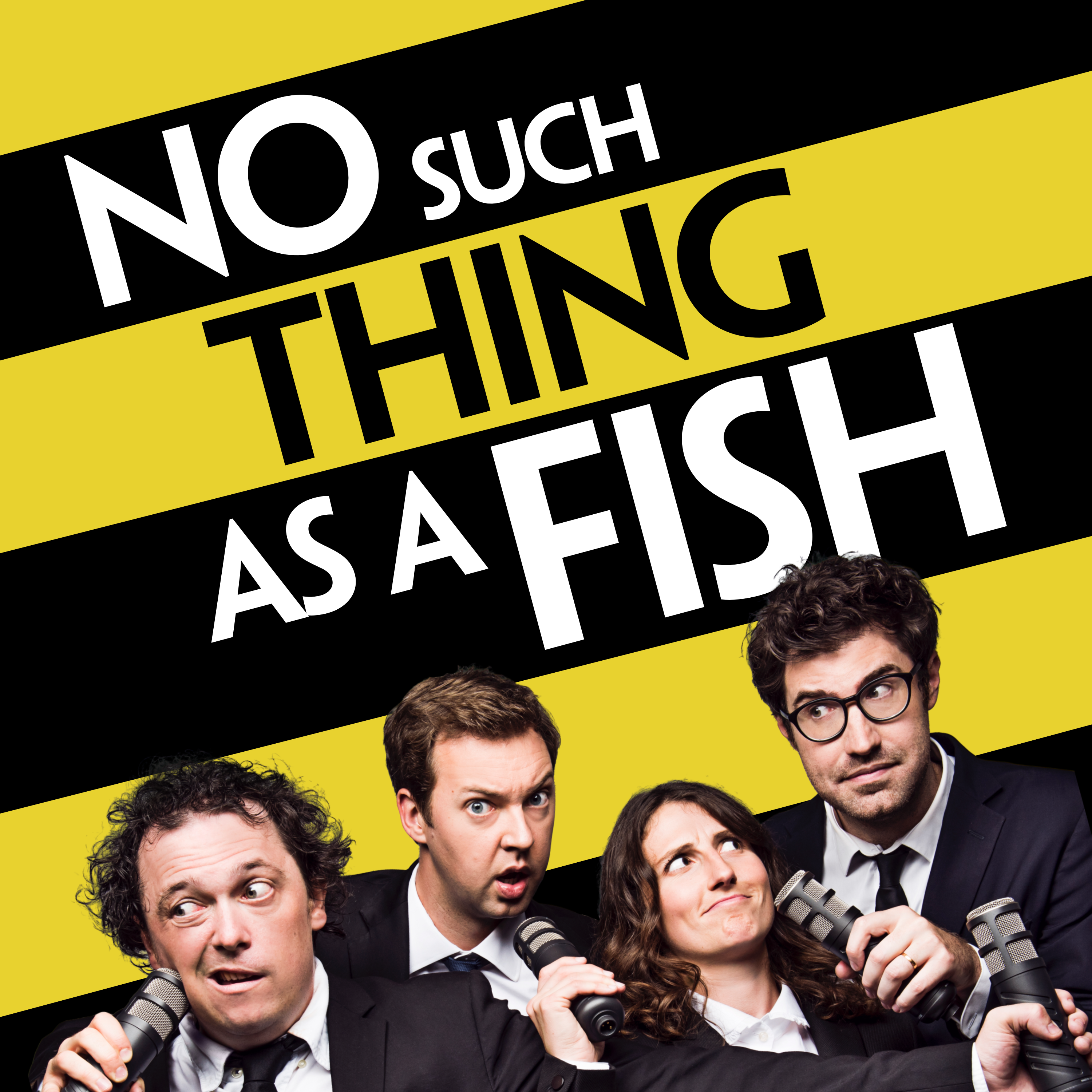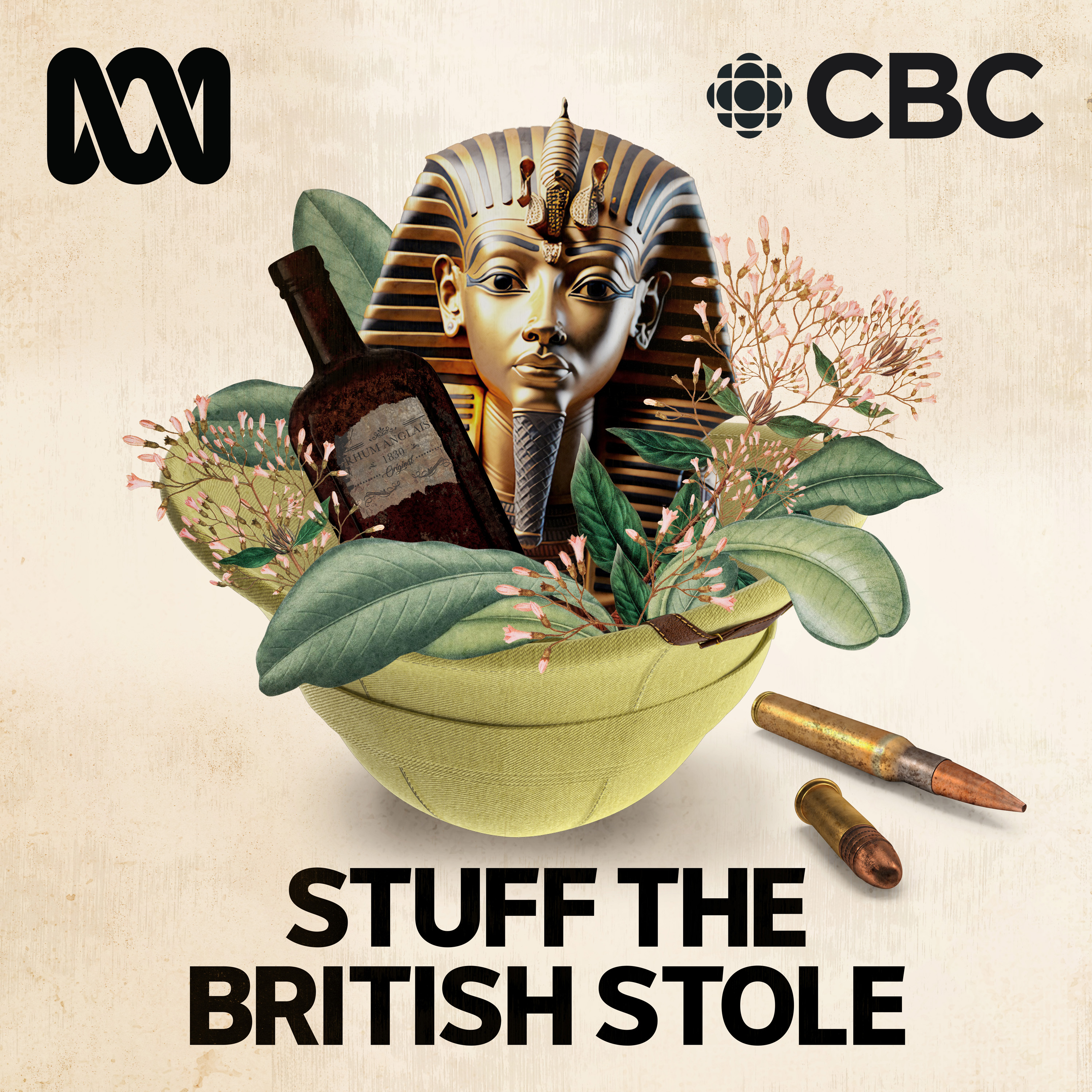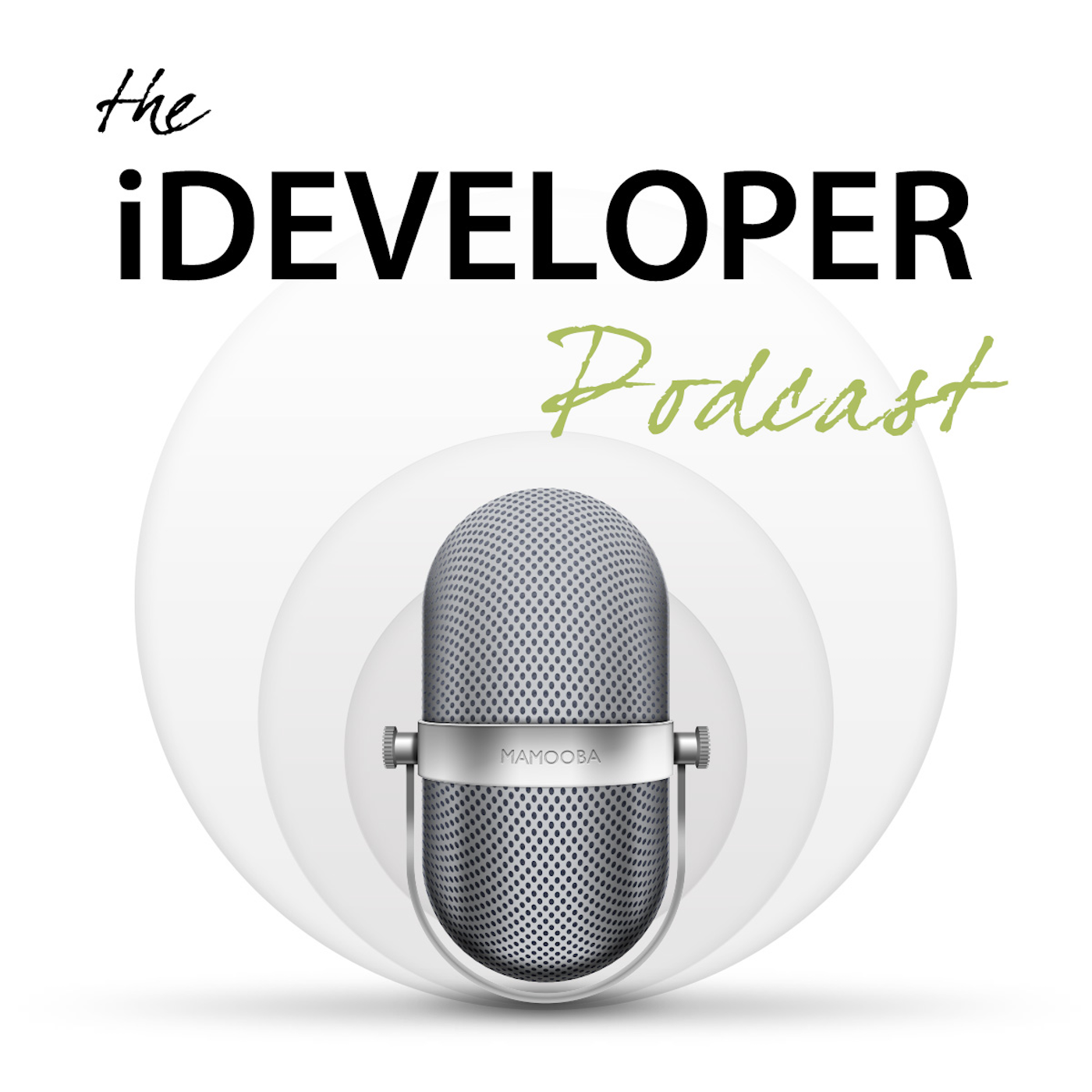
Piano, finally
Piano Finally is a podcast by an old bloke who is learning the piano, finally. I cover the process of learning the piano and music theory as an adult learner. I also review piano books, hardware and other materials from an adult learner's perspective.
Piano, finally
Episode 22 - Artificial
Use Left/Right to seek, Home/End to jump to start or end. Hold shift to jump forward or backward.
What if machine learning could redefine the way we create music? Join me, David Reidy, as I challenge the boundaries between human creativity and technological innovation through my journey of learning the piano. You'll hear about my preparation for a potential performance of Adele's "Someone Like You," a daunting piece that I'm determined to master with my teacher's guidance over the next nine months. I'll also share my thoughts on the intriguing blend of education and humour offered by Professor Matthew King and Ian Coulter on the Music Professor YouTube channel, which reignites my passion for classical music.
As I work on Fritz Spindler's charming Canon, discover the effective learning strategies that help me tackle this 16-bar piece. I'll take you behind the scenes of my recording setup, featuring the Kawaii NV-10 keyboard and a customised Bosendorfer 280 VC sound crafted with Pianoteq 8. Beyond the mechanics of music, let's ponder the role of machine learning in music composition, the ethical questions it raises, and what this means for the future of creativity. Dive into this thought-provoking conversation and explore the possibilities of music in the digital age.
You can contact me:
- via email at david@pianofinally.show; this is probably the best option
- the show website, www.pianofinally.show
- Instagram and Threads @pianofinally
- and on YouTube
- all the podcast directories - list
- here's the RSS feed
Some of the links to books and other items mentioned in the podcast may affiliate links for Amazon or other providers. If you use one of these links, a commission may be paid to me at no additional cost to you. Thank you if you use a link.
All reviews of products, websites and services are unpaid, and no sponsorship has been received for any content on this podcast.


G'day everyone. I'm David Reedy. Welcome to Piano. Finally, a podcast by an old bloke who's getting around to learning the piano. Finally, welcome to Show 22. Thank you for taking the time to listen. If this is the first time you've heard the podcast, I hope you enjoy what you hear. Let me know if you're learning the piano like I am, or another musical instrument. Let me know. If you're learning the piano like I am, or another musical instrument, let me know how you're finding it. You can contact me at david at pianofinalyshow and if you're a returning listener. Thanks very much for coming back. Here's a bit of follow-up from the last episode.
Speaker 1:I'm still thinking about the performance request. As I said, it's not for another nine months, so I don't have to rush into anything. I've let the students know that I'm considering it and they've given me a list of five possible Adele songs they want me to look at. Only one is needed for the performance. I've now got the PVG sheet music for their preferred number Someone Like you. It doesn't look too difficult, but it's well beyond where I'm up to at the moment. But then there are nine months for improvement to happen. I'll have a talk with my piano teacher at the next lesson. I think the YouTube algorithm is getting to know me better.
Speaker 1:This week's YouTube review is of a channel that was in my YouTube suggestions. The Music Professor channel is a collaboration between Professor Matthew King and Ian Coulter. Professor King is a composer of orchestral music, opera and chamber music. Ian is also a composer, working in musicals and television. He also directs and produces the channel. Poser working in musicals and television. He also directs and produces the channel On camera.
Speaker 1:You'll see Professor King, who has worked on BBC radio, so his way of presenting material is clear and straightforward. In the videos I have watched he is always at a piano or a keyboard so that he can demonstrate musically the points he is making. I haven't seen Ian on camera in any of the videos, but he often contributes from behind the camera, adding to Matthew's points. The point of the channel, according to the notes on YouTube, is to ignite a passion for music in viewers with a mix of stimulating musical content and a tiny spot of humour. They seem to manage that quite well Together. The two have some interesting and perhaps controversial opinions on some topics, but the videos are interesting and I've learned at least one new thing in each episode. I've watched their most recent video asked one of the large language model bots to compose a piece in the style of Mozart. Matthew then looked at it with the eye of a composition professor and was able to show just how lacking this technology is for music composition at the present time. I should perhaps lacking this technology is for music composition at the present time. I should perhaps mention that there is a third presenter on the channel, matthew's dog Loki, who is often somewhere in frame during his presentations. If you want some interesting, reasonably high-level discussion on classical music and its use in the modern world, I would recommend checking out the Music Professor YouTube channel, artificial.
Speaker 1:During the past week, I've had a fair bit of interaction with what is being marketed as artificial intelligence. I say marketed as AI because actual AI doesn't exist. What is being marketed as AI is really just machine learning, and so for the rest of the essay I'm going to refer to it as that. So how has it come up over the past week? Firstly, I have two groups of students competing in the upcoming Ethics Olympiad competition, and two of the eight cases in the competition are based around machine learning algorithms and their interactions with people, so we've been having in-depth discussions about it in one actual and one theoretical scenario. Then Apple released the first versions of its operating systems with Apple Intelligence to the public and a much more powerful next version to developers. Finally, I've been teaching students how to properly use large language models such as ChatGPT to help with their research and not just copy and paste a possibly completely made-up response.
Speaker 1:This got me thinking about machine learning and music. Is it a good or a bad thing? Like the scenarios in the Ethics Olympiad cases, the answer depends on many other factors, so it's not simple. Is it a good or a bad thing? Yes, as I told my students about ChatGPT, the service itself is neither good nor bad. It all comes down to how it's used. The same is true of machine learning in music. Let's look at the bad to begin with.
Speaker 1:Machine learning is a complex mathematical process in which information is encoded into small chunks called training data. The training data are then used to build a model that can take a new chunk and produce output based on the output of the training data. It's not making something new. It's simply fitting some new chunk into an existing model made from the other chunks. The bad comes with the creation of the model in the first place. The chunks of data that go into building the model have to come from somewhere, and largely that's going to be material available on the internet. Of course, some person probably created that material, but the modeling process just takes the material and incorporates it without attribution or payment to the original creator.
Speaker 1:Is this any different to one composer listening to the works of another composer, taking inspiration from them and then using that inspiration to create their own original work? Yes and no, while in both cases prior work by one person is used to inform a second work. In both cases, prior work by one person is used to inform a second work. In the case of the human composer, it's usually one artist taking inspiration from many. In the case of machine learning, this moves to an industrial scale, with millions of items being mined indiscriminately and then made available to others who've never even heard of the originator. In this case, machine learning is copying creativity. There is nothing new being added. If the process continues long enough, it will be machine learning algorithms just absorbing other machine learning algorithms, and like taking a photograph of a photograph of a photograph, eventually all that will be left behind is a bland grey blob. So how can machine learning be a good thing for creativity when it is used as a tool to allow someone to express their ideas in a way they would not otherwise be able to.
Speaker 1:I'm not a composer, but I think it's something I might eventually want to try my hand at. If I do, then I would have the problem that I might want to include other instruments in my compositions but I don't play them. For a long time, sample libraries have been available that work with digital audio workstations. They can imitate other instruments, but they don't really sound like a person is playing the instrument. Some of the newer software now uses machine learning to make the sampled instruments play much more like a real player. That's not to say that the final product should include anything other than real players, but if I want to try something out, a machine language player is going to be a lot more flexible and cheaper than using a real orchestra. Similarly, if I was just getting started making my own tunes, having a tool like the drummer that is in GarageBand or Logic Pro would mean that I could experiment without also needing to understand a lot about drumming. If used correctly, a machine language model can open a world of possibilities for new creators, and that can only be a good thing, provided that the models have been trained ethically and the artists whose work has been used are properly acknowledged and compensated.
Speaker 1:I was first introduced to George Winston's music by the Alamo Piano Gallery's YouTube channel. Ted the presenter there spoke about working with George Winston and played some examples of his piano compositions. I thought they sounded interesting, so I went looking for material. Of course, as a beginner, the works are far too complex for me to consider now. But then I found the music book that I'm reviewing today George Winston Easy Piano Sheet Music Collection. Now, easy is a relative term and the pieces are still beyond my current level. Well, they are as whole pieces In little segments. Some parts are manageable. There are 15 pieces in the collection, ranging from the early 70s to the start of this century.
Speaker 1:The book starts with a short essay about the pieces written by George, and each piece has a few words about its origin or inspiration. George's essay includes permission to interpret the arrangements freely, as he says. That's what he does himself. Although the book doesn't come with links to recordings of the pieces, all of them are on sheetmusicdirectcom and can be played through their rather low-quality audio engine. It's much easier to find full recordings of the original complex pieces on all the streaming services. If you like George Winston's piano music and you're not up to the level you need to play the full versions, all of which are available in other sheet music collections then this easy collection is a great book to have. Eventually I'll get around to learning some of the pieces, just not quite yet.
Speaker 1:Well, that's it for this week. If you'd like to contact me, email is the best way. You'll find me at david at pianofinelyshow and the website at wwwpianofinelyshow. In both cases, piano, finally, is all one word. Let me know where you are on your piano journey. This show is also on Facebook and Instagram and it's available audio only on YouTube. Where you are on your piano journey? This show is also on Facebook and Instagram and is available audio only on YouTube. You can subscribe via any popular iOS or Android podcast application or from directories such as Apple Podcasts, spotify or Player FM. So until the next episode, I hope your piano stays in tune and you enjoy your time at the keys.
Speaker 1:This week I've been working on a Canon Not Bach's Crab Canon which you hear a snippet of throughout the podcast, although I do plan to eventually record a version of me playing it on the piano keyboard rather than on the computer keyboard I use for the current version.
Speaker 1:No, this canon is a much simpler one by Fritz Spindler. It's from one of the early Ansgar piano exam books. The piece is 16 bars long and I originally broke it up into four bar segments to learn the notes. Because of the nature of a canon, this means that at the end of each fourth bar you are halfway through one of the voice's themes. So I also started with four bar groups, starting at bars 3, 7 and 11. In the end it made it all come together much better when it came to playing the whole piece. I'm not completely happy with it yet, but it's coming along nicely. The recording was made using the Kawaii NV-10 as the keyboard and Piano Tech 8 running on the Mac Mini. Piano Tech is set up with a Bosendorfer 280 VC in player mode with a custom velocity curve to match the NV10. And he's Pete and he's Peach and he's and he's Pete and he's Peach and he's and he, oh dear.
Podcasts we love
Check out these other fine podcasts recommended by us, not an algorithm.

Connected
Relay
Upgrade
Relay
No Such Thing As A Fish
No Such Thing As A Fish
We Can Be Weirdos
Global
Stuff The British Stole
ABC and CBC
The iDeveloper Podcast
Steve Scott (Scotty) & John FoxRaven On: A Pop Culture Podcast
Natalie Bochenski & Stuart Layt
Smart Enough to Know Better
Dan Beeston & Greg Wah
TopMusic Piano Podcast
Tim Topham
The Chopin Podcast
Garrick Ohlsson and Ben Laude
